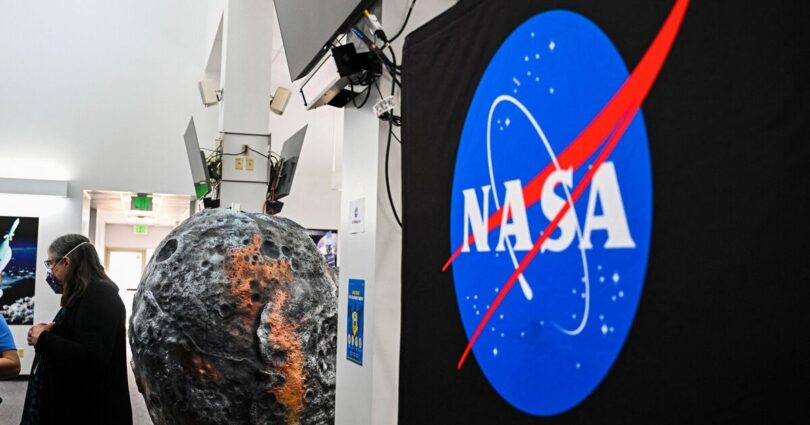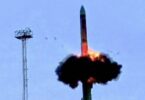NASA will probe a unique asteroid that could hypothetically turn everyone on Earth into a multimillionaire due to its staggering value of £8,000,000,000,000,000,000 ($10 quintillion).
The eye-watering £8 quintillion price tag is due to the asteroid’s rare make-up, including the elements platinum and palladium which are both vital for the production of cars and electronics.
A SpaceX Falcon Heavy rocket was sent by NASA last month to probe 16 Psyche – one of the largest M-type asteroids known to man – travelling 2.2 billion miles to the main asteroid belt between Mars and Jupiter by July 2029.
The space agency has predicted that the asteroid is made up of 30-60% metal and spans a surface area of approximately 64,000 square miles.
If 16 Psyche does turn out to be worth £8 quintillion and this number is divided between the 8 billion people on Earth, everyone would get £1 billion.
Despite sounding like many people’s dreams, this would plunge economies into ruin and make the already mega-wealthy even more rich.
For example, the net worth of the world’s richest man, Elon Musk, is already 250 times more than the amount he would get from the astreroid, coming in at £248 billion.
Despite the potential to make everyone on earth close to being a billionaire, NASA will not investigate 16 Psyche just to harvest its metals. Instead they hope to learn more about the cores of planets and how planets form.
Hopefully, the probe will uncover whether the asteroid is a planetesimal – a rock from the very early days of the solar system, about 4.6 billion years ago.
A statement on NASA’s website reads: « The Psyche spacecraft is traveling to a unique metal-rich asteroid with the same name, orbiting the Sun between Mars and Jupiter.
« By August 2029 the spacecraft will begin exploring the asteroid that scientists think – because of its high metal content – may be the partial core of a planetesimal, a building block of an early planet. »
Source link








